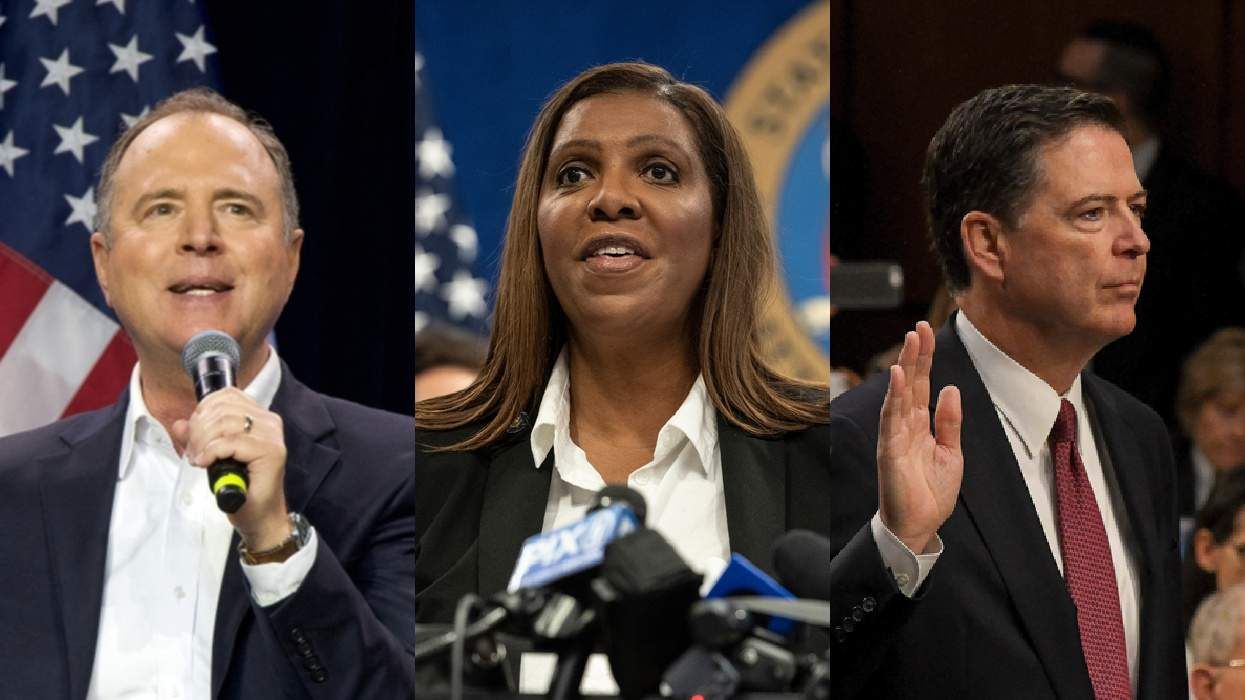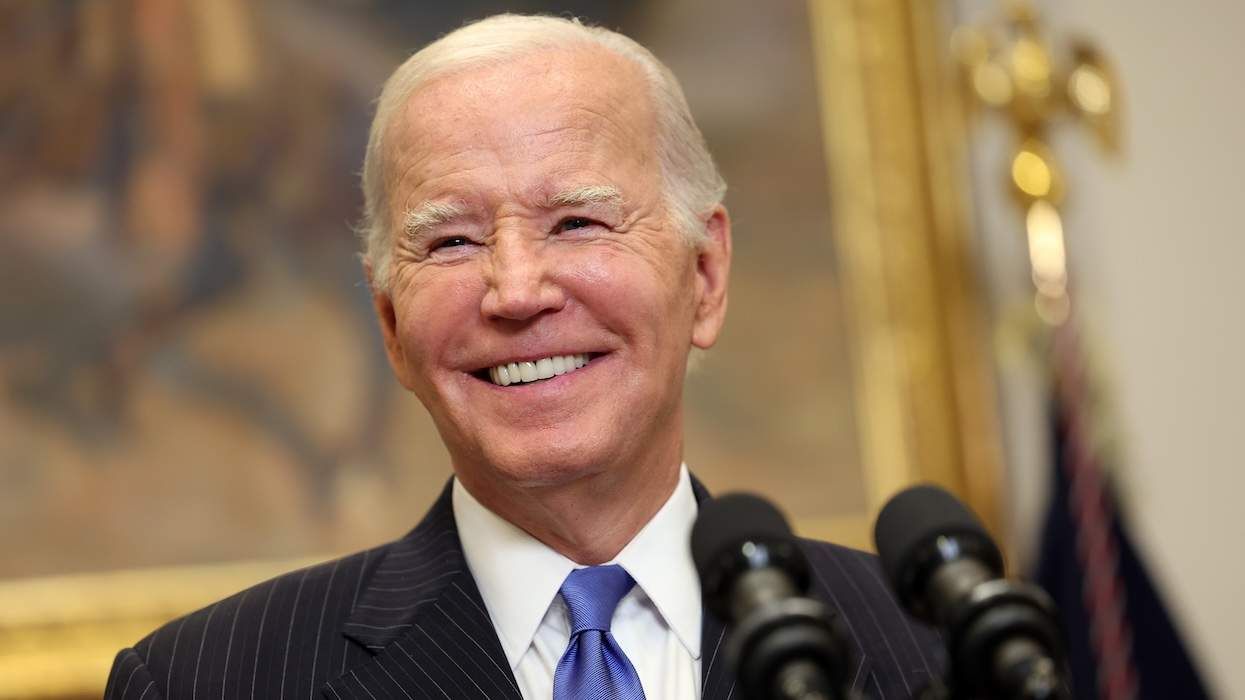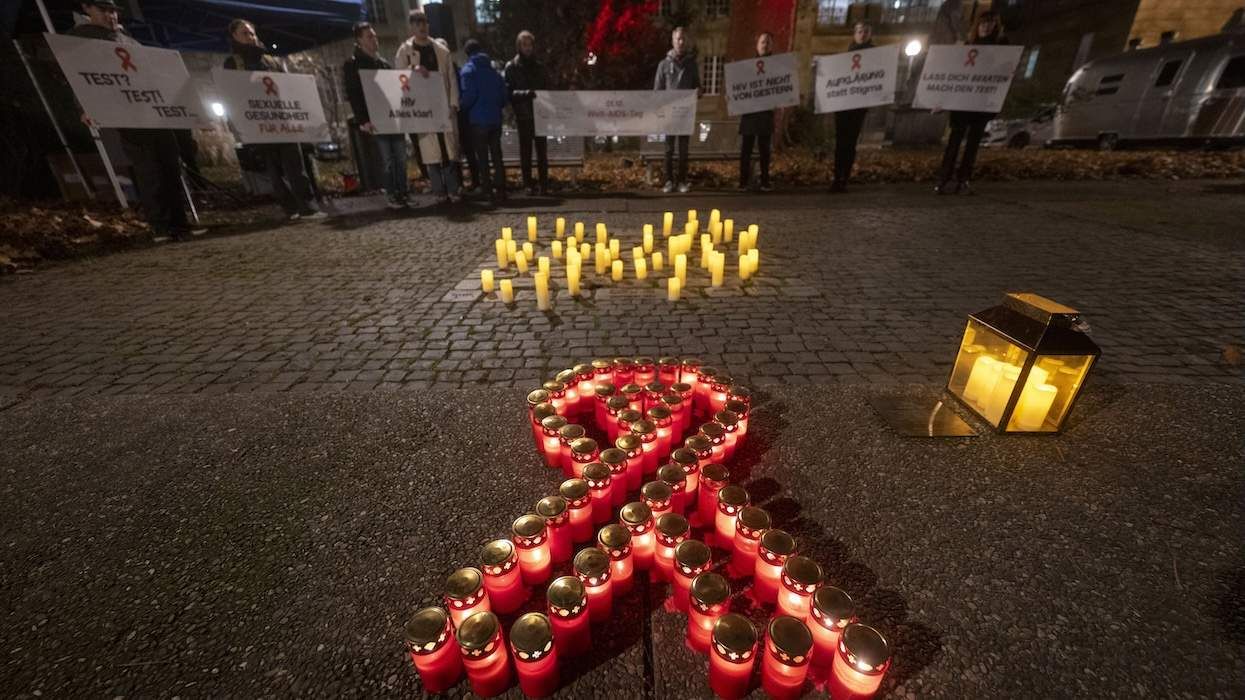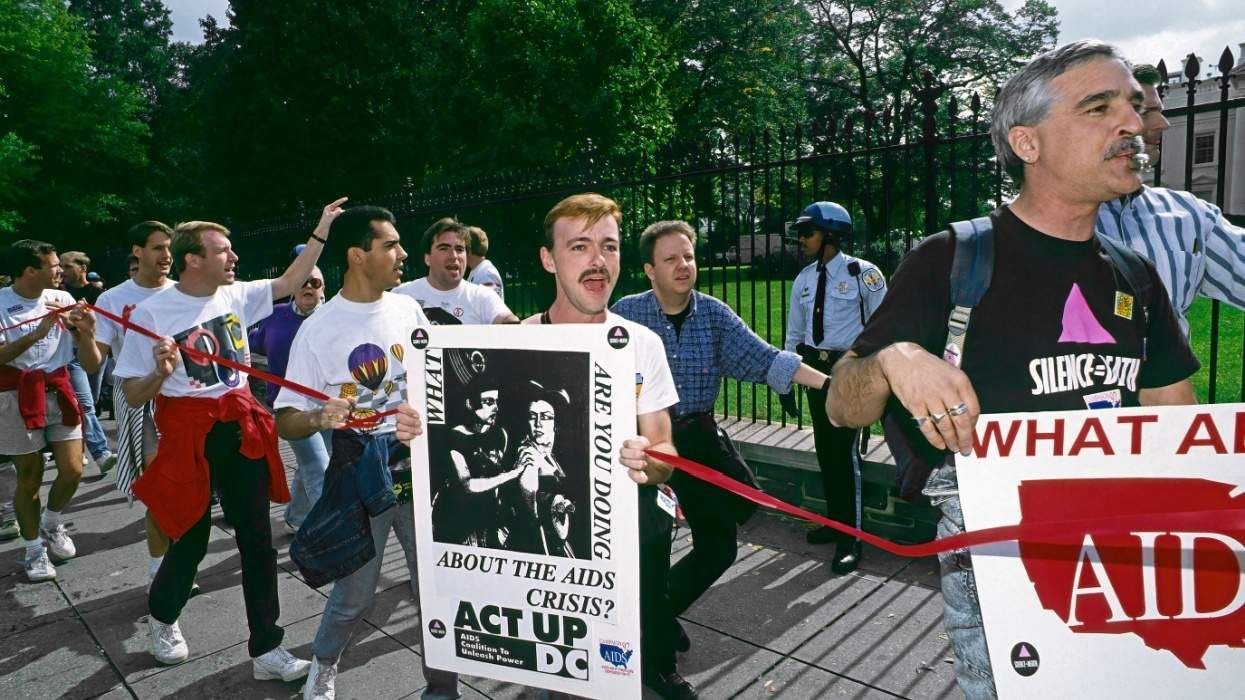Officials from
the American Red Cross, speaking at a recent blood
donation conference in Maryland, called for an end to the
federal government's ban on gay and bisexual
blood donors, the Washington Blade reports. A Food
and Drug Administration policy in place since 1985
bans donations from any man who's ever had sex
with another man--even one time--since 1977.
Even gay men who've tested negative for HIV
antibodies and those who are in monogamous
relationships are barred for life from donating blood.
Government officials, when launching the ban, said it was
needed to guarantee the safety of donated blood in the
country since gay men were significantly more likely
to be infected with HIV than heterosexual men.
But the Red Cross
is now joining with the American Association of Blood
Banks and America's Blood Centers in calling for an
end to the lifetime ban on gay donors.
"The AABB, ABC,
and ARC believe that the current lifetime deferral for
men who have had sex with other men is medically and
scientifically unwarranted and recommend that deferral
criteria be modified and made compatible with criteria
for other groups at increased risk for sexual
transmission of transfusion-transmitted infections," the
groups said in a joint statement issued at the
advisory panel meeting, reports the
Blade.
Because of advances in blood-screening
technology, the ban on gay blood donors is unnecessary since
virtually all infected blood--from both
heterosexual and gay donors--is caught in the
screening process. Instead of barring gay donors,
prospective donors of all sexual orientations should
be asked about any recent risky sexual activity,
particularly in the three weeks prior to donating blood, as
it is possible for very early HIV infections to be
missed during blood screening.
The American
Association of Blood Banks in 2000 lobbied for an end to the
lifetime ban of gay blood donors, calling instead for a
one-year deferral for all gay-male donors. The Red
Cross, which supplies about half the nation's
blood supply, was opposed to the proposed change, but the
organization now says that with better screening methods in
place it is now comfortable in calling for an end to
the gay ban.
FDA officials
were unavailable for comment, reports the Blade.
(Advocate.com)




































































Charlie Kirk DID say stoning gay people was the 'perfect law' — and these other heinous quotes